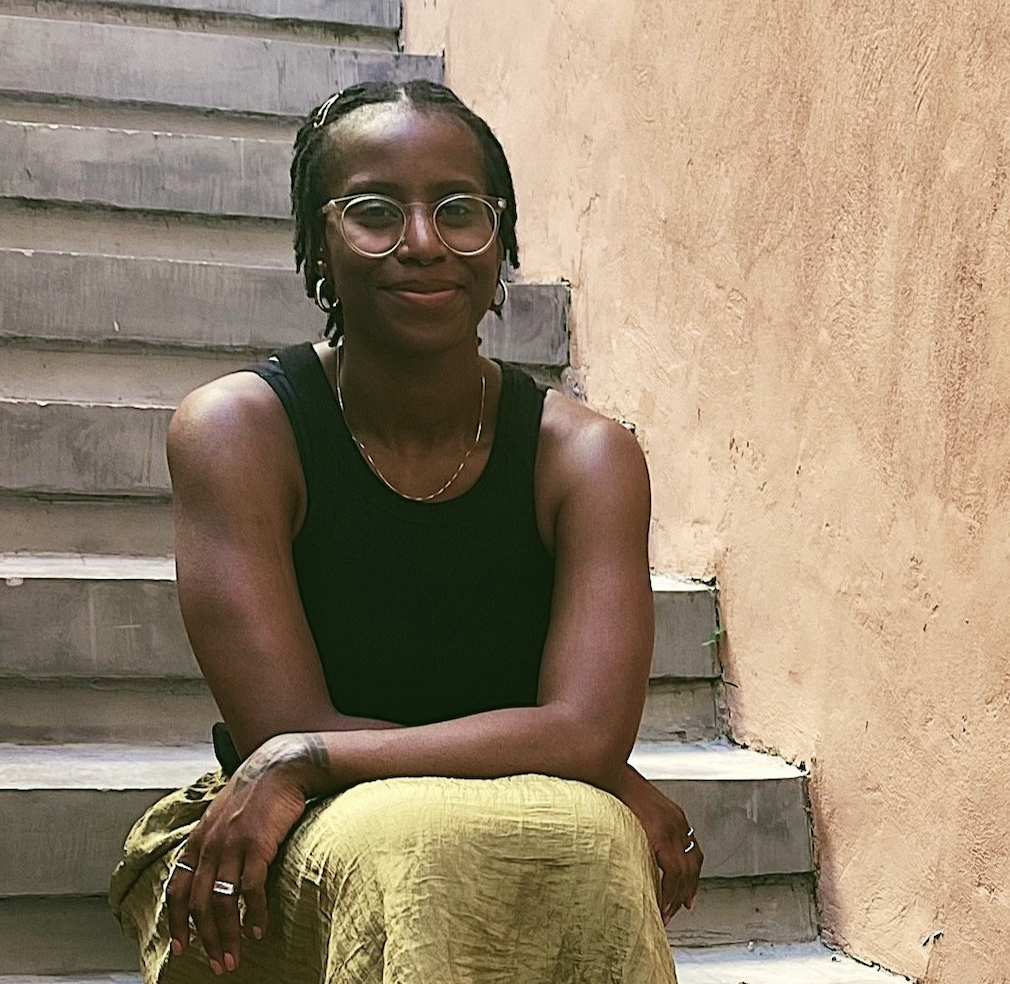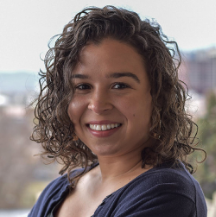Mission-Related Investments: Is there a place for them in progressive philanthropy?
On August 28th, 2024, EDGE Funders Alliance and two 2025 Global Engagement Lab participants held a webinar on mission-related investments. This session had two presentations. Mariana Diaz from The Colorado Trust examined how their staff is attempting to mobilise more of the Foundation’s resources towards its objectives. Key points included a non-intentional approach to MRIs, and the process of funder organizing — specifically engaging boards of directors.
Jo Anderson-Figueroa from The People’s Support Foundation looked at learnings from making MRI’s and through a case study, and asked whether MRI’s can be a tool for positive outcomes within a progressive approach to philanthropy.
Thanks for joining! For those who missed it, the recording and key takeaways can be found below.
- Align MRIs with Progressive Values: Ensure that MRIs are not just financially sound but also deeply aligned with the progressive values of your organization. This means prioritizing investments that advance social justice, equity, and systemic change, even if they carry more risk or offer lower financial returns.
- Use MRIs to Challenge Traditional Power Dynamics: Progressive philanthropy often seeks to redistribute power and resources. MRIs can be a tool to support organizations and communities that are typically marginalized in traditional investment frameworks. Focus on investing in projects that empower local communities, support grassroots movements, and address systemic inequalities.
- Commit to Transparency and Accountability: Progressive philanthropy demands transparency. Be open about how MRI decisions are made, who is involved, and how the investments align with broader goals of social change. Engage stakeholders, including grantees and the communities served, in these conversations to ensure the investments are truly mission-aligned.
- View MRIs as Part of a Broader Strategy for Change: MRIs should not be seen in isolation but as part of a comprehensive strategy for social change. Integrate MRIs with other forms of support, such as grants and advocacy, to create a holistic approach to advancing progressive goals.
- Prioritize Long-Term Social Impact Over Short-Term Gains: In progressive philanthropy, the long-term social impact of investments should take precedence over short-term financial returns. Focus on MRIs that may take time to yield results but have the potential to create significant, lasting change in the communities and causes you care about.
- Importance of Staff Involvement: Broad staff involvement is essential for the success of MRIs. Educating the entire team about the foundation’s investment strategies and the impact of MRIs helps build internal support and ensures a cohesive approach.
- Incremental Progress and Patience: The process of adopting MRIs is typically slow and incremental. Organizations must be patient and persistent, recognizing that the shift toward mission-aligned investing will take time and continuous effort.
MODERATOR

temi lasade-anderson — EDGE funders Alliance
temi’s background spans ten years across strategy, digital policy, and academia in advertising, civil society and non-profit organisations, where she has focused on challenging power, platforms and the possibilities of change. She is currently working (slowly) towards her Doctorate in Philosophy in Media and Communications. In her spare time, she likes writing, hiking and checking out galleries and exhibitions.
PANELISTS

Jo Anderson-Figueroa — The People’s Support Foundation
A member of the board of The People’s Support Foundation, which I joined in 2017. Jo has spent the majority of her professional career focused on Social and Economic Justice. She has worked primarily in the areas of education (developing and implementing programing) and organisational development as well as event and project management. Jo is currently based in Brazil.

Mariana Diaz — The Colorado Trust
Masana Mulaudzi is an economic analyst and civil society actor with over 12 years’ experience, working on violence prevention, social cohesion, economic justice, feminist praxis and social movements. At Sonke Gender Justice, Masana works as Programmes Director, overseeing over 15 projects across Africa and a multi-national team working to enhance gender equality. She is lead researcher on the UNDP report (and journal article) “Forging a Resilient Social Contract in South Africa: States and Societies Sustaining Peace in the Post-Apartheid Era” and author of the book chapter, “The Necessity of Rage in Feminist Parenting.” She is currently a Senior Fellow at the Atlantic Fellows for Social and Economic Equality at the London School of Economics, where she produced documentary and research series “Triple Jeopardy: Race, Class and Gender among the Black Middle Class in South Africa.”
The Global Engagement Lab (GEL) is a six-month international learning, organizing and community-building cohort for funders. Entering its fifth year, the Global Engagement Lab is a training program for progressive funders, which fosters personal transformation and relationship-building in order to deepen philanthropy’s understanding and practice of systemic change. The fifth 2024 cohort will meet twice in person (in April and in October) and in between will be working online.

Leave a Reply
You must be logged in to post a comment.